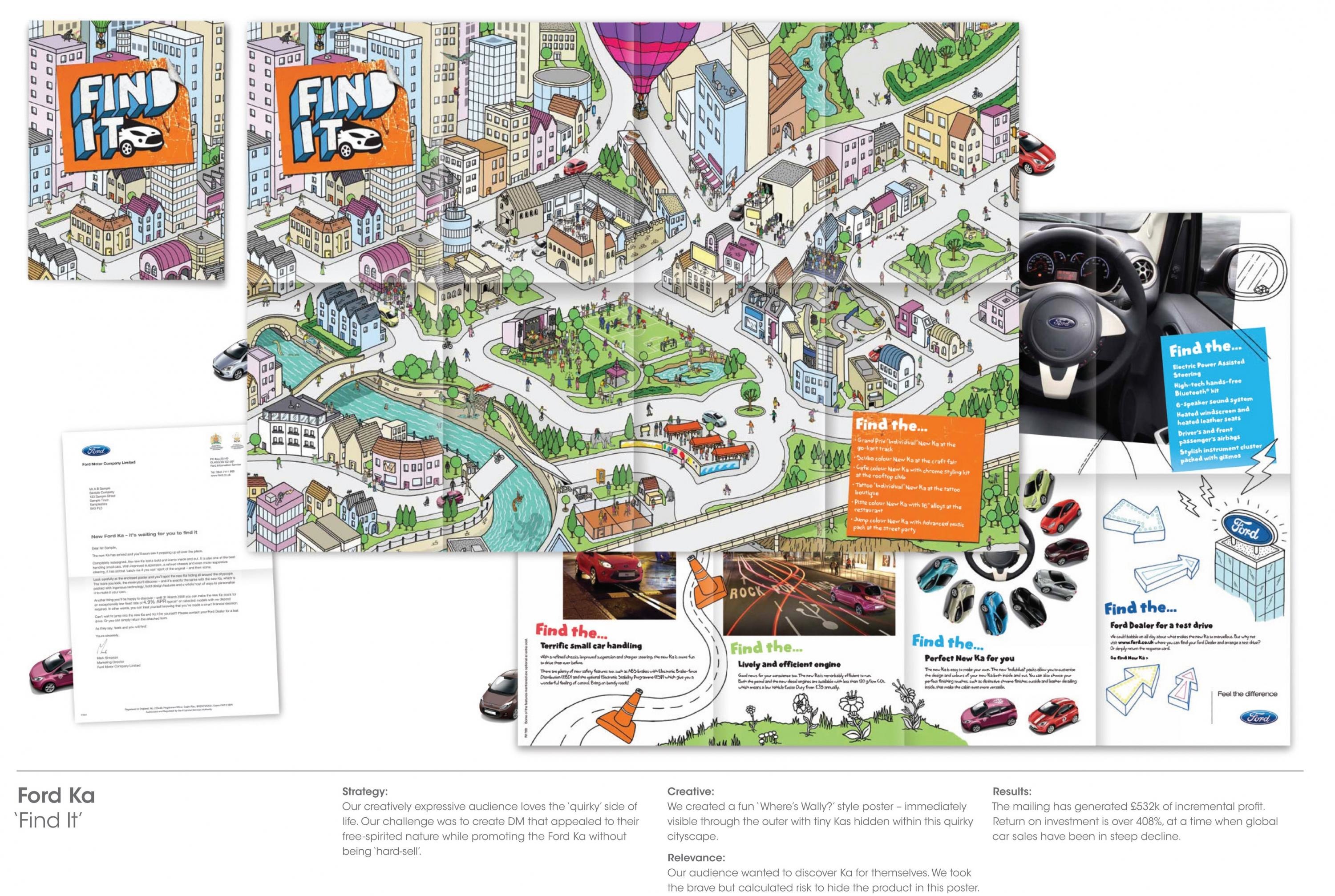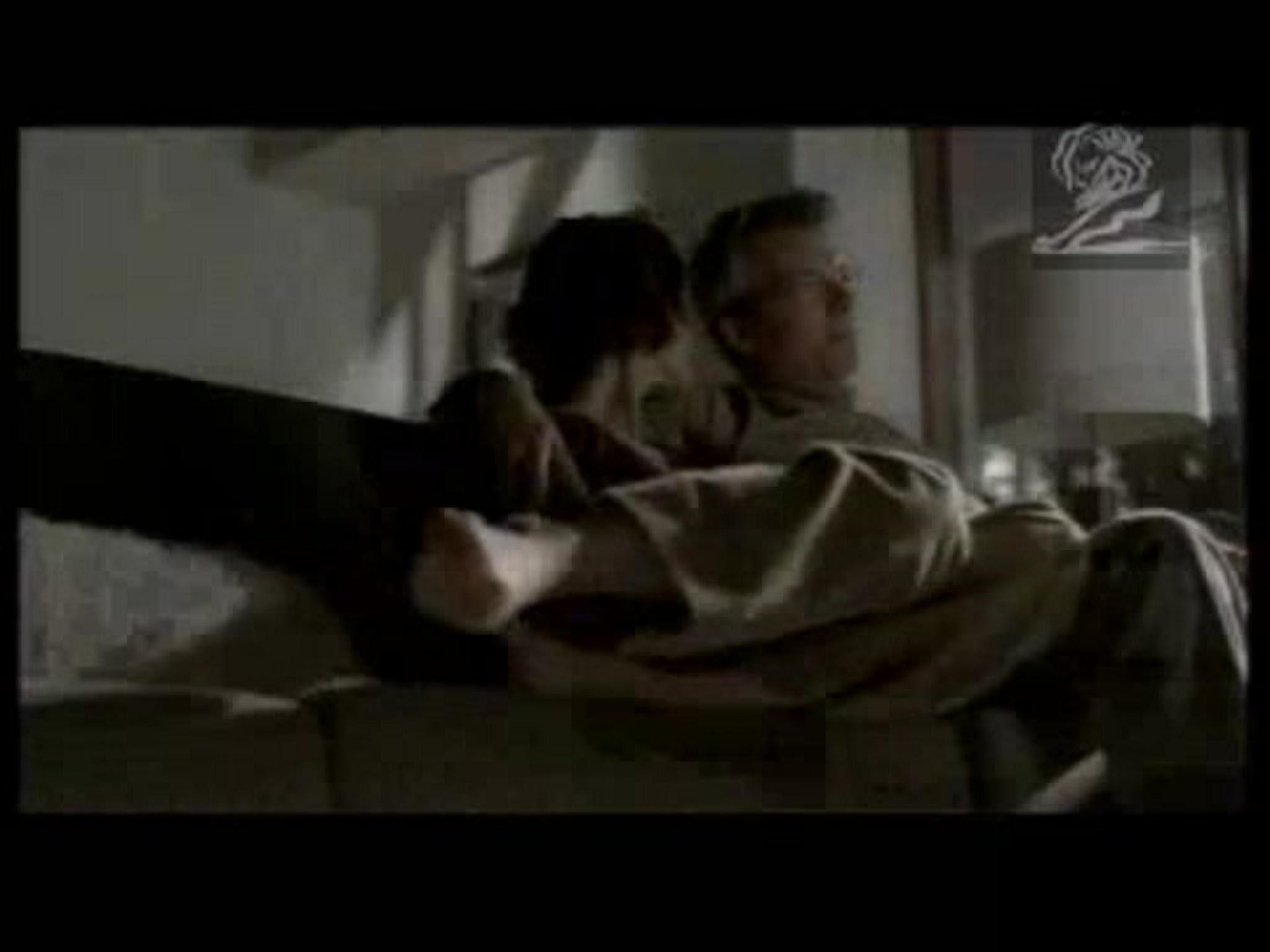Cannes Lions
PUBLIC AFFAIRS
WEBER SHANDWICK, Washington, Dc / FORD / 2012

Overview
Entries
Credits
OVERVIEW
Description
Nigeria’s April 2011 elections were an undertaking in which communications/PR efforts were heavily involved. Our team, with expertise in election management and knowledge of Nigeria, funded by an imaginative grant from the international donor, was asked to step in just days before the Presidential, legislative and state elections. The task was to set up a state-of-the-art communications platform inspiring trust and confidence amongst all key stakeholders in the fairness of the forthcoming vote.Not your typical PR assignment, but one of tremendous importance for a country whose hopes for transparent democracy had repeatedly been disappointed. Credibility was critical. Yet, only days from the vote, information was lacking: distances, topographies and cultures were daunting; and outside advice was hitherto absent. We had to reach out to citizens; to all groups who could get the message out; and to observers both domestic and international.New media played a crucial role (see below). We also put in place a fully-equipped crisis communications centre, which proved essential when at the last-minute the elections were postponed. Some ballot papers sourced from overseas failed to arrive on time. But thanks to the communications infrastructure and our crucial PR outreach to key stakeholders, we weathered the storm.In the end the elections went off successfully. They owe their success to the integrity of Nigeria's INEC, and its Chairman. But PR/communications played a key part. We left a substantial report on lessons for the future. The promise of Nigeria’s democracy needs continued support from all concerned.
Execution
The team rapidly built fruitful working relationships with INEC and integrated themselves into day-to-day operations. This ensured the practical, operational application of best practice and global strategic communications experience. New media played a crucial role.
Cellphone penetration throughout the country is impressive: what we achieved with instant messaging, SMS use and twitter feeds more than compensated for physical distance. “Come out &vote Apr 2 it’s ur right. Take ur voter card to where u registered 8to12noon. Join line 1230. Vote. U may wait peacefully 4 count”. This was sent to some 5m. Special messages were sent for voters with physical handicaps. The media, including radio, were urged to underline the integrity and security of the process. Women’s groups, educators were enlisted, consistent messages conveyed. We put in place a fully-equipped crisis communications center, which unfortunately got plenty of use when at the last minute the elections were postponed.
Outcome
Under the most difficult of circumstances, Nigeria's 2011 elections were hailed as the most free, fair and credible since the restoration of democracy. Strategic communications played a key role, as INEC knew they would in asking for external support.
After the elections the Washington Post headlined, "Nigeria's fair election: a step forward for African democracy". The Economist similarly hailed "Nigeria's successful elections: Democracy 1, Vote-rigging 0". The Ford Foundation congratulated the communications team as follows: "Our congratulations. Against great odds, INEC has done its best to deliver free, fair and credible elections. Well done. Wonderful communications teamwork." (Documented report from the international donor.) The delay in the voting could have derailed the entire elections, had it not been for the state-of-the art crisis communications centre we installed. And the acceptance of the results and broad absence of violence speaks for itself as the key success indicator.
Similar Campaigns
12 items




